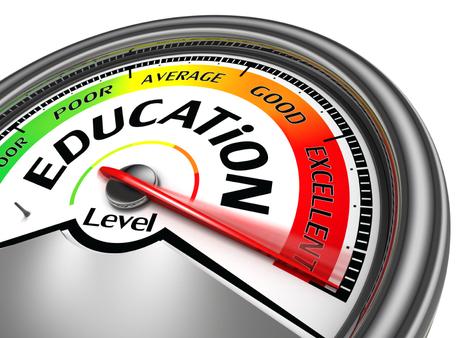5 Reasons You Might Be Looking At The Wrong Schools
You have begun the process of choosing a private school for your child.
- You have done a bit of reading about the reasons for sending your child to a private school.
- You have listened to the suggestions and recommendations of family and friends.
- You have explored dozens of school websites.

None of this is particularly difficult to do. It just takes a lot of time, right? Not exactly.
Here are five reasons why you might be looking at the wrong schools.
1. They don't offer the kind of curriculum you are looking for.
- Think carefully about what is taught and how it is taught in each school.
- Does it align with your approach? Do you want your child educated this way?
- Review curricula before you create a shortlist of schools to visit.
- The school's curriculum, how it is taught, and the quality of the teaching should be at the top of your checklist.
The school's educational philosophy is an essential requirement to examine as you go about choosing the right school for your child.
Listen to the Head of the Math Department at Nichols School in Buffalo, New York, explain the school's philosophy about teaching math specifically and teaching in general.

What makes this part of the process a bit daunting is that private schools are unique.
They

























